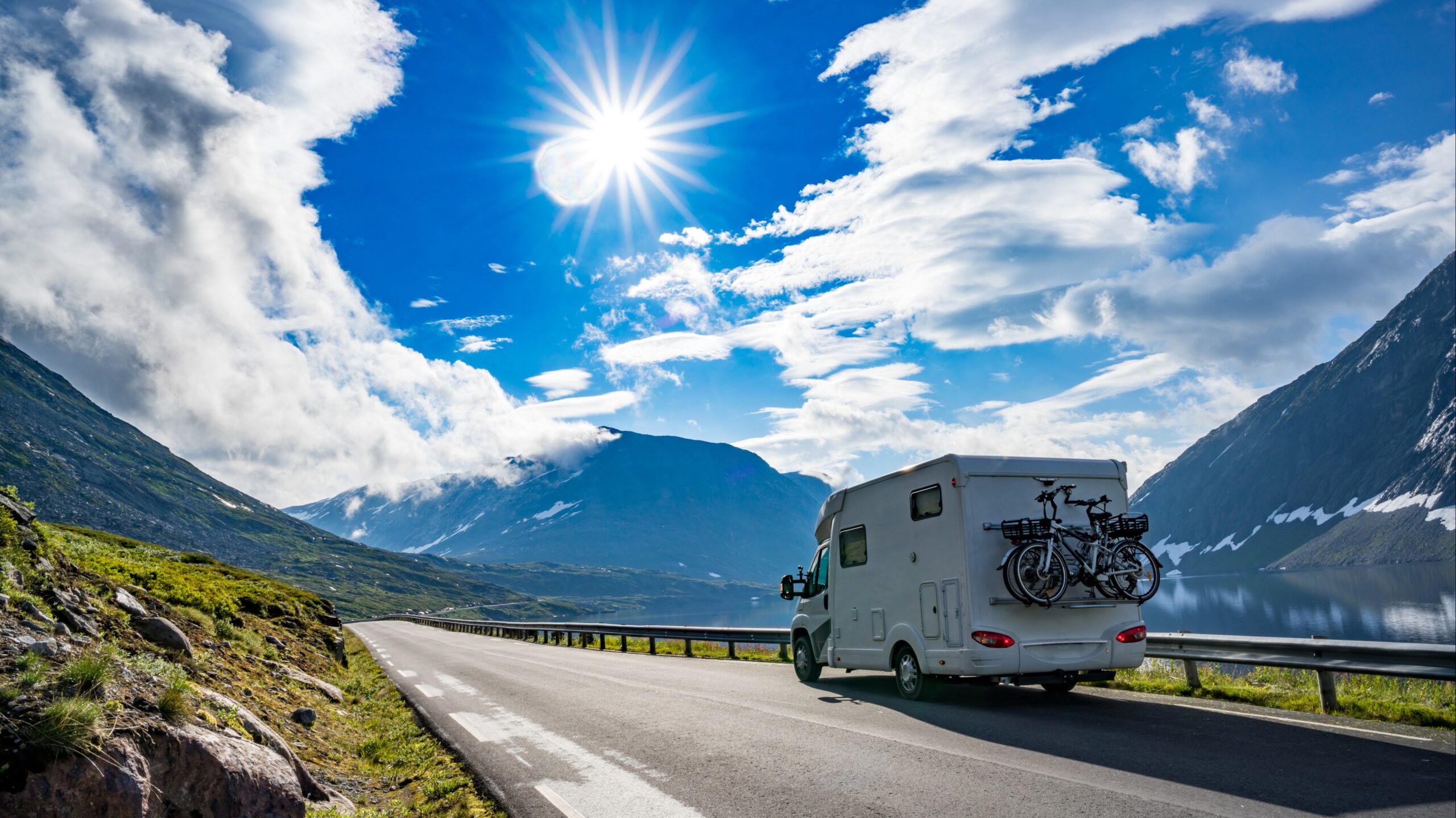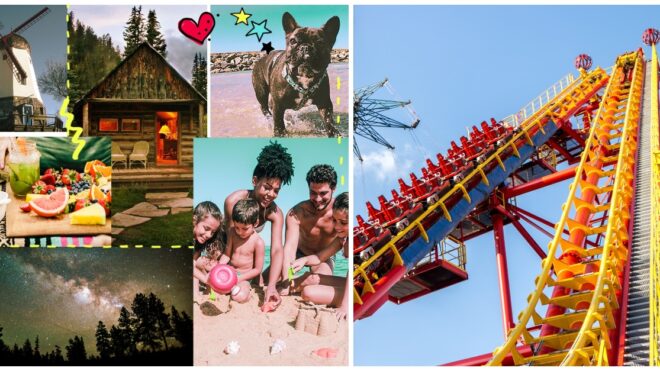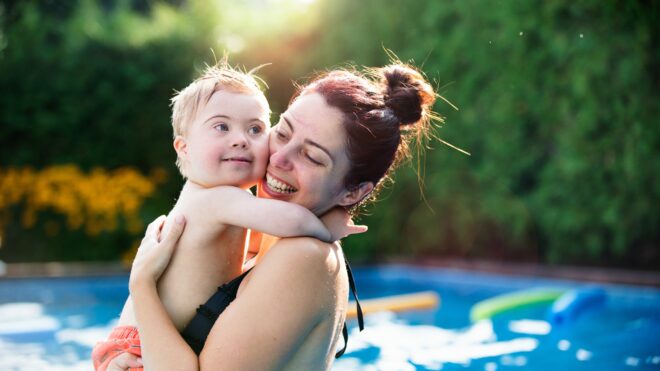
Family tourism is on the rise post-COVID, bringing the opportunity for families to continue to bond while exploring the world. Before the pandemic, Aila Malik and her family of five — husband Kapil Verma, son Zayan (age 13 at the time), daughter Kenza (age 10 at the time), and youngest son Kaysan (aka Kaysee, age 8 at the time) — embarked on a yearlong adventure, traveling to 41 countries. They documented their journey on their blog, Franklin Street Globetrotters.
“We miss year-round and off-season traveling, but we prioritize traveling wherever we can,” says Aila.
Aila is a first-generation Pakistani American, lawyer by schooling, nonprofit executive by trade, and author of the children’s book Mommy, Am I American? Through all of their travels, Aila hopes her kids lean into what she calls HEAT (Humility, Empathy, Action, and Togetherness) throughout their adult lives and when they start their own families one day.
More recently, the Malik-Verma family has gone swimming with whale sharks in Mexico, attended a family surf camp in Costa Rica, gone to Mt. Olympus in Greece, explored wildlife in Yellowstone National Park and lava fields in Hawaii, and skied down numerous mountains. Her kids are now ages 16, 13, and 11.
That’s a lot of memories.
“We had so many adventures,” says Aila. “Antarctica was incredibly memorable, as was trekking for 19 days in the Himalayas of Nepal. During the second quarter of our yearlong global adventure, we spent time in the Andes Mountains. In particular, the charm and simplicity of the remote areas of Peru and Bolivia took Kapil and I back to our Nepali memories and I believe solidified our emotional connection to South America. As we immersed ourselves in the culture of the Indigenous people of the Andes, we couldn’t help but think how much the culture, the people, and the landscape looked and felt like what we experienced in Nepal. In mentioning this to different locals, we discovered a creation story that drew on the concept of earthly duality between both the Himalayas (masculine) and the Andes (feminine) as focal points of the world.”
More photo-worthy moments are coming this summer for the Malik-Verma family, too.
“This summer we are headed to Zion National Park in Utah to hike the Narrows and then Borneo (an island that is claimed by three countries) to trek, spend time with orangutans, and explore new cultures,” says Aila.
Inspired to book a big family adventure of your own? Hold on a second!
“Yearlong traveling is not a continuous ‘vacation’ — it is living on the road and in new places,” says Aila. “It requires patience with imperfection and strong communication skills to navigate interpersonal dynamics while exploring, homeschooling, etc. Families who are interested in this type of travel should ask critical questions and ensure alignment between the partners.”
She suggests families discuss the following:
- How can we neutralize our expenses at home while we are traveling?
- What has to be true for us to be able to do this adventure? What are the nonnegotiables?
- What is the intention of our trip? What locations/experiences will help us achieve that intention?
- Based on our financial situation, how many “bucket list” splurges can we have, and where should we take those? How do we travel in a budget-conscious way for other destinations?
“Families really need to set an intention for what success looks like,” she says. “What do they hope to learn about themselves or the planet? We did a lot of work around powerful conversations about what we would need from each other to feel safe and excited to receive this experience as ‘a grand adventure.’”
She also suggests you pack light. “One major traveling difference for us, especially as the airline industry has been recovering and sometimes experiences strikes and/or glitches, is that we do not check in bags — unless they are skis.”
Families should also be prepared to transition back to life at home. “We didn’t realize how hard it would be to come home,” says Aila. “Learning how to assimilate back into siloed days where we weren’t together 24/7 was hard — and we all got a taste of those transitions through the phases of the pandemic. For the kids, going back to traditional classrooms was hard. They weren’t used to as much sitting and missed experiential learning.”
For those families that can’t travel abroad or at all, Aila shares ways parents can expose children to people and places that are different from them and their daily environments, recognize their privilege, amplify their voices for organizations that need their support, and prioritize family time.
Examples include:
- Go on a hike.
- Experience new landscapes — snow, meadows, forests, oceans.
- Walk around different neighborhoods or visit new neighborhood parks.
- Taste new foods.
- Listen to different types of music.
- Learn about other traditions by listening to people’s stories, attending festivals, reading multicultural books, and watching documentaries.
- Journal “things I am grateful for” at regular cadences.
- Start a family gratitude wall or jar for all to add notes/images of things they are thankful for.
- Start a dinner routine where everyone shares a gratitude.
- Celebrate “Thankful Thursday” each week and leave a note on a child’s pillow or in a lunchbox highlighting something related to the child (e.g., behavior/actions) that you are thankful for. If you have older children, send them a text message!
- Debrief “big feelings” so that they can remember what it feels like to be stretched and stressed. Talking about the feelings can sometimes help them to identify those moments in other people.
- Read a book or watch a movie together and discuss the main character’s display (or lack) of “empathy,” or care for others.
- Show appreciation and partnership with community helpers (e.g., local grocers, postal workers, health care professionals, first responders). Creating a regular practice to brainstorm on who to thank and how is an “act” that changes hearts and minds.
- Start an art gallery wall in your home and showcase your child’s expression (generally) and around community issue areas.
- Experience fun, rest, and learning together through scavenger hunts.
In February 2024, the Malik-Verma family is slated to go to Japan. They are also looking forward to 2030, when they will embark on another yearlong adventure. “Two of our three kids are likely to be in academic transitions from high school to college and college to graduate school,” says Aila. “We don’t know who will want to join us, but my husband and I are setting the intention for us to be traveling at that time — before our 50-year milestone birthdays!”







